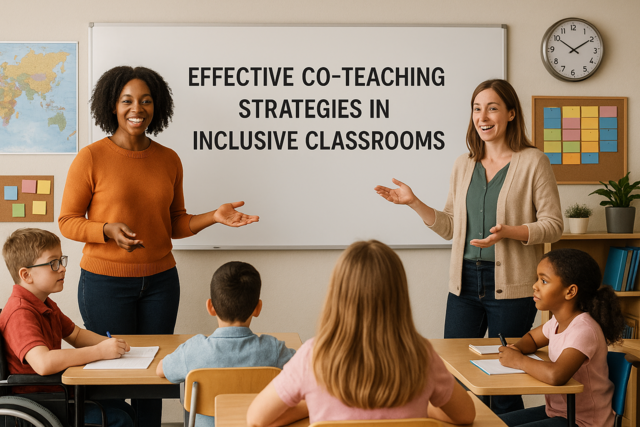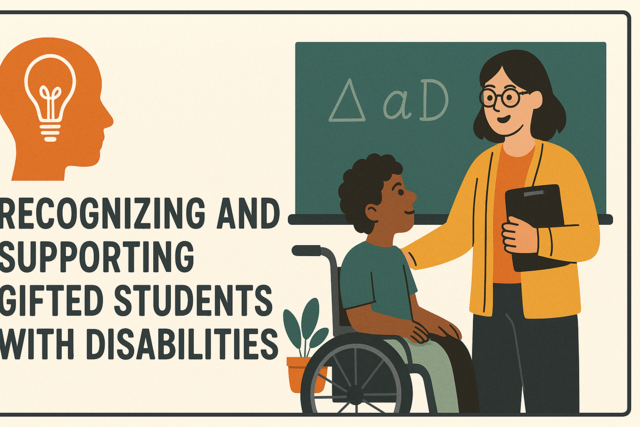Online Class: Mindfulness and Relaxation Techniques for Special Needs Students

no certificate
with CEU Certificate*
-
15Lessons
-
22Exams &
Assignments -
6Hours
average time -
0.6CEUs
Course Description
In a world that often feels like a whirlwind of chaos and constant demands, the need for mindfulness and relaxation has never been more urgent. For special needs students, navigating the complexities of daily life can be particularly challenging. Enter our transformative course: "Mindfulness and Relaxation Techniques for Special Needs Students," a uniquely crafted experience designed not just to educate, but to empower both educators and students by redefining the learning landscape.
Imagine a classroom pulsating with calmness, where every student feels seen and every challenge transforms into an opportunity for growth. This isn't just a dream; it's the reality that awaits you when you embark on this enlightening journey. Our course dives deep into the power of mindfulness, providing tools that reshape how special needs students engage with themselves and the world around them. Together, we'll carve out spaces of serenity and balance, fostering resilience and focus for students who deserve nothing less.
Where else can students discover the tranquility that mindful breathing brings—a simple yet profound practice that centers attention and soothingly balances emotions? Picture a child harnessing their breath to wash away distractions, stepping into an oasis of focus. Our techniques aren't generic; they are a tapestry of multisensory elements, woven to tailor-fit the diverse abilities and needs of every student. This is mindfulness like you've never seen it before—alive, adaptable, deeply effective.
Meanwhile, guided imagery and visualization are more than just exercises; they are gateways into the imaginations of special needs students. By learning to harness their mind's eye, students can turn stress into a springboard for creativity and learning. Visual tools crafted specifically for our course are more than calming; they are a revolution in engagement and emotional growth.
Collaboration is another cornerstone of our course. In a harmonious blending of educators and caregivers, we form a team dedicated to unlocking and celebrating each student's unique journey. With empathy at the forefront, our strategies are mercifully flexible, fostering a community where self-esteem blooms and milestones are not merely reached but surpassed.
Can you hear the whispers of a better tomorrow in the soothing sounds of meditative music? Our course introduces you to the auditory wonders that invigorate the mind and soothe the spirit. Music breaks down barriers, welcoming students into an emotional landscape where learning becomes a dance of delight and discovery.
And there's more—to transform real challenges into triumphs, we dive into everyday practices like mindful eating and body awareness exercises. These aren't mere checkpoints on a checklist but pivotal moments where students engage their senses in meaningful, intentional ways. The benefits ripple beyond the classroom, nurturing healthier lifestyles, reducing anxiety, and promoting resilience throughout life.
Our special needs education toolkit isn't complete without art—a medium that opens doors to emotional regulation and self-expression. Tactile activities like clay modeling become not mere assignments, but moments of self-discovery and tranquility where each stroke of creativity reinforces confidence and skill.
Throughout the course, mindfulness isn't just taught—it's embodied. Each lesson is a step toward transforming the educational experience into one that is rich, inclusive, and nourishing for the heart and mind. Here, diversity is not just valued but celebrated, creating classrooms that are vibrant, accepting, and alive with the potential of every student.
Are you ready to champion holistic growth? Whether you're an educator determined to craft more nurturing environments or an advocate for special needs students, this course stands as your blueprint for change. The tools and insights gained here promise not just to enhance learning but to awaken a lifetime of mindfulness and relaxation.
Join us, and let's co-create a future where all students can thrive. This isn't just a course; it's a movement—a definitive step toward engendering peace and purpose in the lives of those who need it most. Embark on this journey with us and feel that enticing certainty of making a significant impact. Seize this moment to be part of something truly transformative. The path to unlocking potential starts here. Are you ready to take the first step?
- Completely Online
- Self-Paced
- 6 Months to Complete
- 24/7 Availability
- Start Anytime
- PC & Mac Compatible
- Android & iOS Friendly
- Accredited CEUs

Course Lessons
Lesson 1. Harnessing the Power of Mindful Breathing to Enhance Learning and Emotional Balance
Customized mindful breathing techniques enhance emotional resilience and attention management, providing special needs students with lifelong coping tools. By using multisensory elements, these exercises create an inclusive, engaging mindfulness practice tailored to individual needs and abilities.Lesson 2. Mindful Visuals: Empowering Special Needs Through Imagination
Incorporating guided imagery into daily routines provides special needs students with a pathway to emotional and cognitive well-being. This structured visualization practice supports stress management and improves engagement and academic performance.Lesson 3. Mindfulness in Special Education
Collaborative efforts between educators and caregivers in special needs education highlight the need for flexible meditation strategies tailored to unique student needs, fostering inclusion and emotional growth. This empathetic approach promotes self-esteem and enhances the learning environment by celebrating each student's developmental journey.Lesson 4. Mindfulness in Special Needs Education: A Solution for All
Mindfulness techniques like guided meditations and sensory listening encourage emotional regulation and improved focus, benefiting students with ADHD or anxiety. These practices empower students to manage their emotions and concentrate in dynamic educational settings, fostering personal growth.Lesson 5. Sensory Strategies for Stress Management
The sense of smell, often underestimated, has a profound impact on relaxation through its direct connection to the brain's limbic system, where emotions are processed. Aromatherapy using essential oils like lavender and chamomile, combined with other sensory inputs, creates an environment of stability and calmness, crucial for students with sensory sensitivities.Lesson 6. Yoga's Role in Personal Development for Special Needs Students
Integrating yoga into the education of special needs students enhances body awareness, fostering a holistic approach to well-being by connecting mindfulness with physical presence. This union aids in emotional regulation and cognitive development, transforming how students engage with themselves and their environment.Lesson 7. The Symbiosis of Art and Mindfulness in Special Education
Art-based mindfulness activities offer tactile and sensory experiences, such as clay modeling, which engage students deeply, fostering calmness and emotional regulation. These creative outlets underpin substantial improvements in life skills and emotional awareness.Lesson 8. Harmonizing Hearts: The Role of Music in Emotional Well-being for Special Needs Students
Studies reveal that music stimulates various brain areas connected to emotion and memory, making it an invaluable resource for educators and therapists aiming to bolster psychological well-being for special needs students. Through tailored musical experiences, students enhance cognitive focus, reduce sensory overload, and engage more deeply with their emotional landscapes.Lesson 9. Triggers and Triumph: Emotional Support in Special Needs Teaching
Implementing mindfulness and relaxation techniques helps manage emotional triggers in special needs students by fostering self-awareness and emotional regulation. Crafting calming environments and encouraging peer support further aids emotional well-being and nurtures inclusive, accepting communities.Lesson 10. Mindfulness Unlocked: A Beacon for Special Needs Education
Gratitude and active listening exercises integrated into daily routines cultivate empathy and emotional intelligence among special needs students. Such practices improve academic performance and behavior outcomes, creating a supportive classroom atmosphere.Lesson 11. Connecting With Food: Mindful Eating Practices
Mindful eating encourages students, especially those with special needs, to fully engage their senses during meals, promoting awareness and responsible eating habits. This practice has the potential to reduce stress and foster better mental and physical health.Lesson 12. Body Awareness and Relaxation: Techniques for Every Classroom
Incorporating PMR into daily routines can improve relaxation, reduce anxiety, and promote better sleep quality for special needs students. The practice allows parents and educators to support students in developing resilience and self-awareness, reinforcing holistic wellness and emotional connection.Lesson 13. Visual Aids for Enhanced Learning
Visual aids support mindful engagement by providing structured experiences that address sensory needs, fostering calmness and concentration. By using simple cues like color and light, educators create serene learning environments that align with students' sensory profiles.Lesson 14. Empowering Diverse Learners with Mindfulness
Mindfulness in education for special learners supports emotional regulation, stress reduction, and improved focus, empowering students academically and personally. Through culturally attuned practices and diverse sensory activities, educators create inclusive learning environments that celebrate students' unique abilities and heritage.Lesson 15. Unlocking Potential Through Mindfulness Practices
Mindfulness transforms classrooms into supportive environments, where students learn to navigate their emotions and reduce anxiety. Teachers can incorporate simple exercises like mindful coloring and listening, helping students shift from overthinking to a state of tranquil focus.
Learning Outcomes
- Identify and describe the benefits of mindful breathing as a tool to improve focus and reduce anxiety in educational and social contexts.
- Demonstrate the ability to apply mindful breathing techniques, such as '4-7-8' breathing, to enhance emotional regulation during stressful situations.
- Define guided imagery and explain its benefits for special needs students, focusing on stress management and improved concentration.
- Demonstrate the ability to implement a guided imagery session tailored to the interests and sensory needs of individual special needs students, ensuring a calming and supportive environment.
- Demonstrate the ability to adjust meditation techniques, using visual aids or adaptive equipment, to create an inclusive environment that respects diverse sensory and cognitive requirements.
- Recognize the unique needs of special needs students, incorporating tailored mindfulness practices like sensory exercises to enhance focus and emotional regulation.
- Demonstrate mindfulness techniques that support emotional regulation in a classroom setting.
- Define and describe at least two sensory-friendly modifications to enhance learning experiences for special needs students.
- Demonstrate the ability to create a personalized sensory-based relaxation routine using preferred sensory stimuli for emotional well-being.
- Describe how each of the five senses can be utilized in mindfulness to enhance relaxation for students with special needs.
- Demonstrate improved body awareness by accurately identifying and performing three basic yoga poses with correct posture and alignment.
- Describe the impact of mindfulness techniques learned through yoga on emotional regulation, providing examples of how they apply in academic or social settings.
- Define mindfulness and explain its significance in enhancing the emotional stability and academic performance of students with special needs.
- Demonstrate mastery of lesson content at levels of 70% or higher.
Additional Course Information

- Document Your Lifelong Learning Achievements
- Earn an Official Certificate Documenting Course Hours and CEUs
- Verify Your Certificate with a Unique Serial Number Online
- View and Share Your Certificate Online or Download/Print as PDF
- Display Your Certificate on Your Resume and Promote Your Achievements Using Social Media

Choose Your Subscription Plan
No Certificate / No CEUs
This course only
| Includes certificate | X |
| Includes CEUs | X |
| Self-paced |

|
| Instructor support |

|
| Time to complete | 6 months |
| No. of courses | 1 course |
Certificate & CEUs
This course only
| Includes certificate |

|
| Includes CEUs |

|
| Self-paced |

|
| Instructor support |

|
| Time to complete | 6 months |
| No. of courses | 1 course |
Certificates & CEUs
Includes all 600+ courses
| Includes certificate |

|
| Includes CEUs |

|
| Self-paced |

|
| Instructor support |

|
| Time to complete | 12 Months |
| No. of courses | 600+ |
Certificates & CEUs
Includes all 600+ courses
| Includes certificate |

|
| Includes CEUs |

|
| Self-paced |

|
| Instructor support |

|
| Time to complete | 24 Months |
| No. of courses | 600+ |
Related Courses
-
 6 hours
0.6 CEUs
Developing Strategic Thinking Skills
+ More Info
6 hours
0.6 CEUs
Developing Strategic Thinking Skills
+ More Info
-
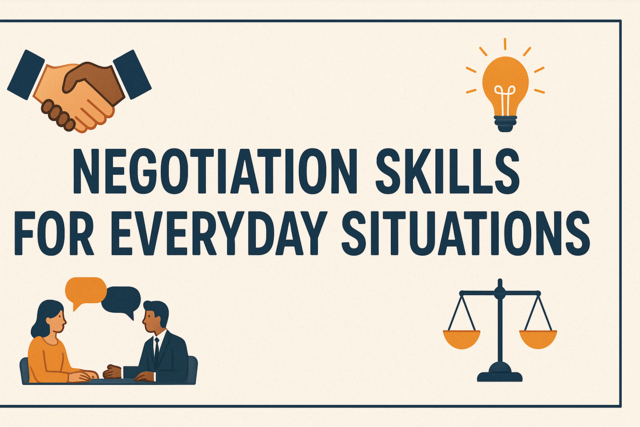 3 hours
0.3 CEUs
Negotiation Skills for Everyday Situations
+ More Info
3 hours
0.3 CEUs
Negotiation Skills for Everyday Situations
+ More Info
-
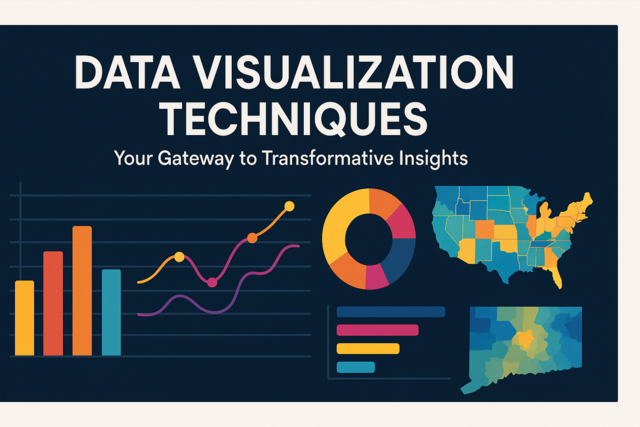 5 hours
0.5 CEUs
Data Visualization Techniques
+ More Info
5 hours
0.5 CEUs
Data Visualization Techniques
+ More Info
-
 5 hours
0.5 CEUs
Lunar Magic and Moon Phases
+ More Info
5 hours
0.5 CEUs
Lunar Magic and Moon Phases
+ More Info
-
 7 hours
0.7 CEUs
Self-Care and Wellness Practices
+ More Info
7 hours
0.7 CEUs
Self-Care and Wellness Practices
+ More Info
-
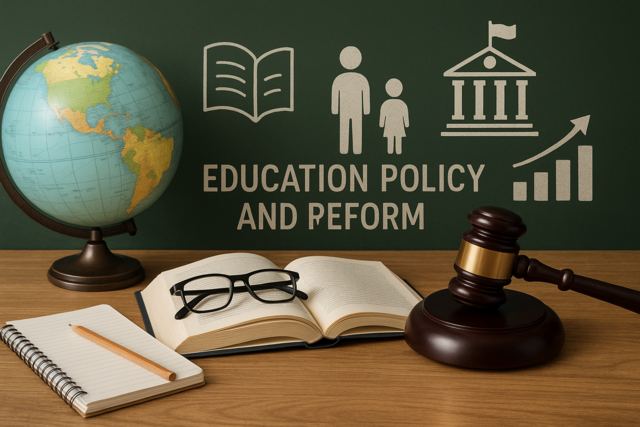 3 hours
0.3 CEUs
Education Policy and Reform: Impact and Implications
+ More Info
3 hours
0.3 CEUs
Education Policy and Reform: Impact and Implications
+ More Info
-
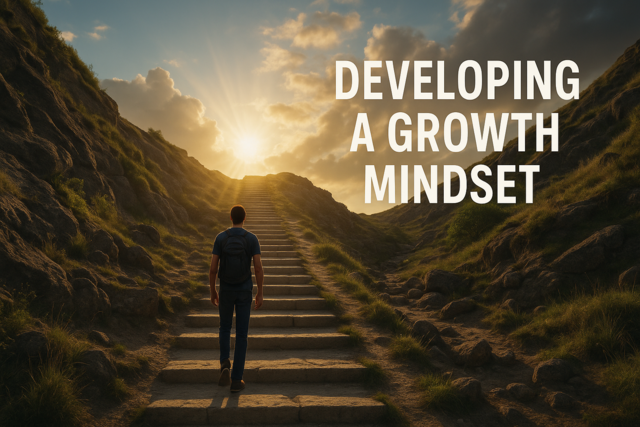 5 hours
0.5 CEUs
Developing a Growth Mindset
+ More Info
5 hours
0.5 CEUs
Developing a Growth Mindset
+ More Info
-
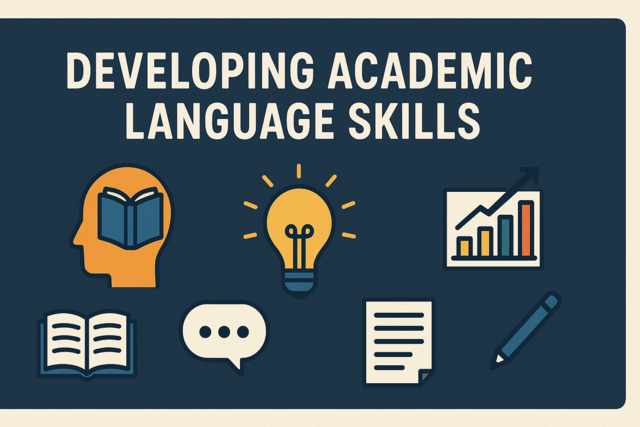 7 hours
0.7 CEUs
Developing Academic Language Skills
+ More Info
7 hours
0.7 CEUs
Developing Academic Language Skills
+ More Info
-
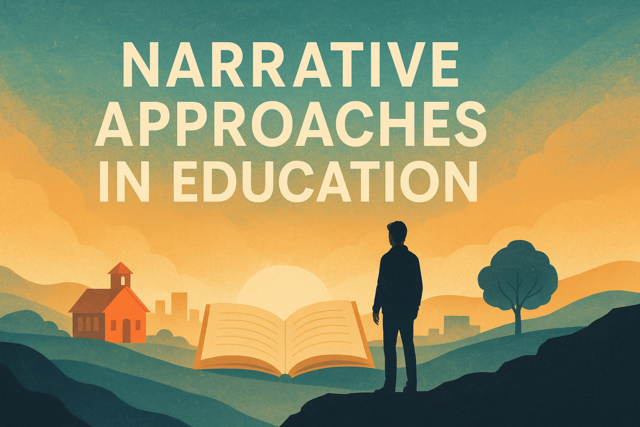 6 hours
0.6 CEUs
Narrative Approaches in Education
+ More Info
6 hours
0.6 CEUs
Narrative Approaches in Education
+ More Info
-
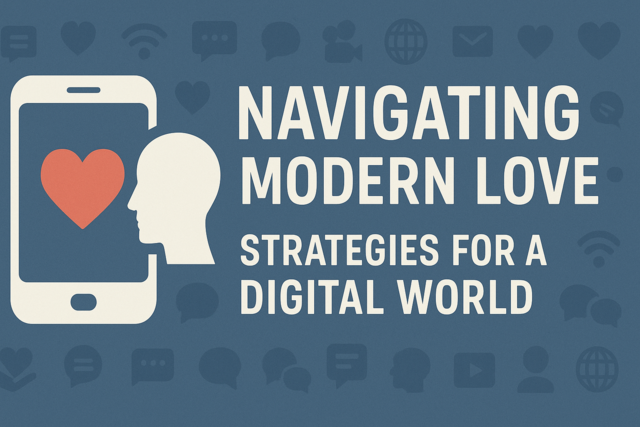 6 hours
0.6 CEUs
Navigating Modern Love: Strategies for a Digital World
+ More Info
6 hours
0.6 CEUs
Navigating Modern Love: Strategies for a Digital World
+ More Info
-
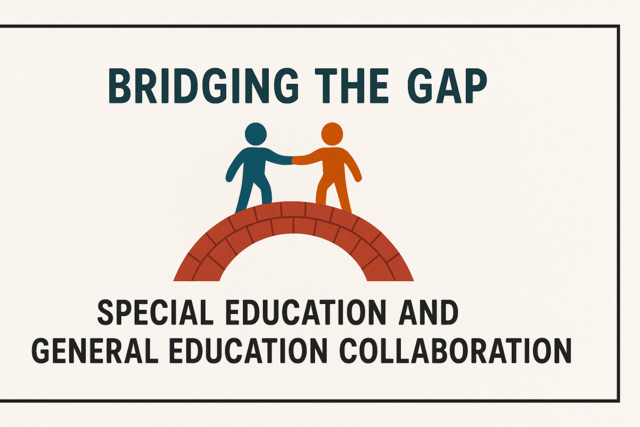 4 hours
0.4 CEUs
Bridging the Gap: Special Education and General Education Collaboration
+ More Info
4 hours
0.4 CEUs
Bridging the Gap: Special Education and General Education Collaboration
+ More Info
-
 5 hours
0.5 CEUs
Contemporary Luxury: Redefining Modern Fashion
+ More Info
5 hours
0.5 CEUs
Contemporary Luxury: Redefining Modern Fashion
+ More Info
-
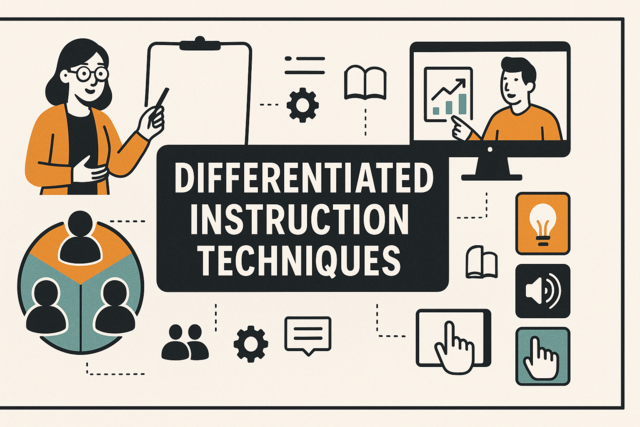 6 hours
0.6 CEUs
Differentiated Instruction Techniques
+ More Info
6 hours
0.6 CEUs
Differentiated Instruction Techniques
+ More Info
-
 3 hours
0.3 CEUs
Luxury Layering: The Art of Dressing with Opulence
+ More Info
3 hours
0.3 CEUs
Luxury Layering: The Art of Dressing with Opulence
+ More Info
-
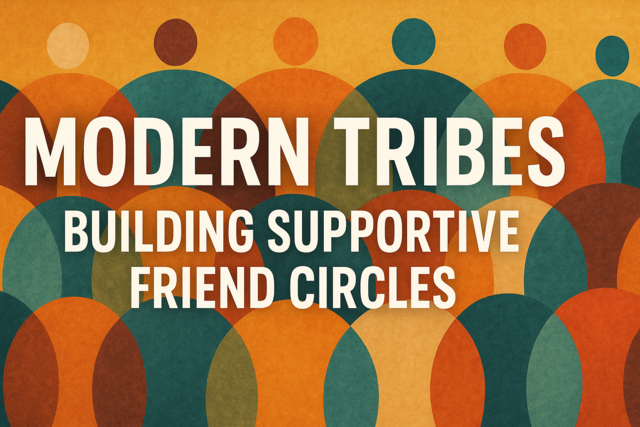 6 hours
0.6 CEUs
Modern Tribes: Building Supportive Friend Circles
+ More Info
6 hours
0.6 CEUs
Modern Tribes: Building Supportive Friend Circles
+ More Info
-
 7 hours
0.7 CEUs
Harmony at Home: Techniques for Peaceful Coexistence
+ More Info
7 hours
0.7 CEUs
Harmony at Home: Techniques for Peaceful Coexistence
+ More Info
-
 5 hours
0.5 CEUs
Footprint of Fashion: Trends Shaping Modern Luxury Brands
+ More Info
5 hours
0.5 CEUs
Footprint of Fashion: Trends Shaping Modern Luxury Brands
+ More Info
-
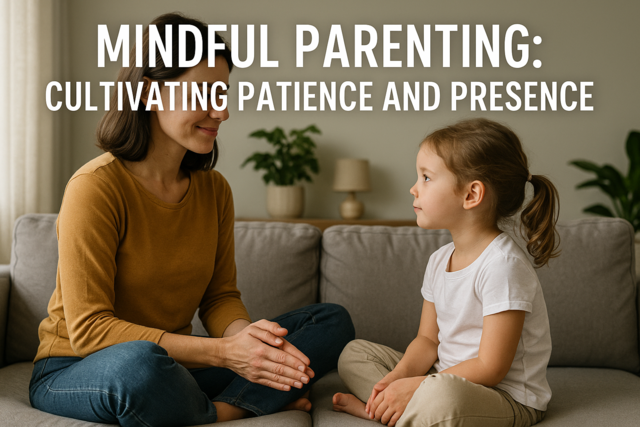 5 hours
0.5 CEUs
Mindful Parenting: Cultivating Patience and Presence
+ More Info
5 hours
0.5 CEUs
Mindful Parenting: Cultivating Patience and Presence
+ More Info
-
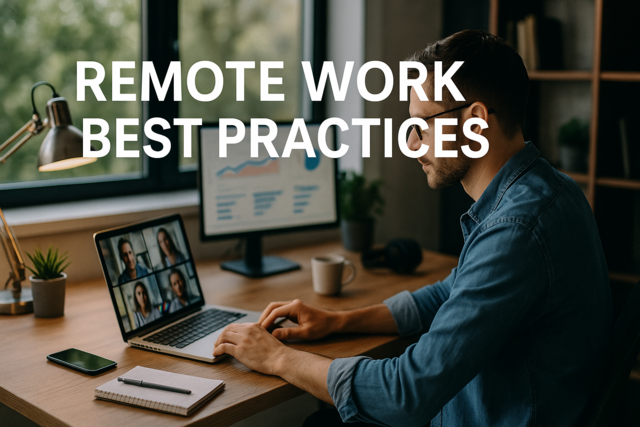 7 hours
0.7 CEUs
Remote Work Best Practices
+ More Info
7 hours
0.7 CEUs
Remote Work Best Practices
+ More Info
-
 6 hours
0.6 CEUs
Iconic Influence: Women's Wear in the Age of Luxury
+ More Info
6 hours
0.6 CEUs
Iconic Influence: Women's Wear in the Age of Luxury
+ More Info
-
 7 hours
0.7 CEUs
Mysteries of the Unexplained
+ More Info
7 hours
0.7 CEUs
Mysteries of the Unexplained
+ More Info
-
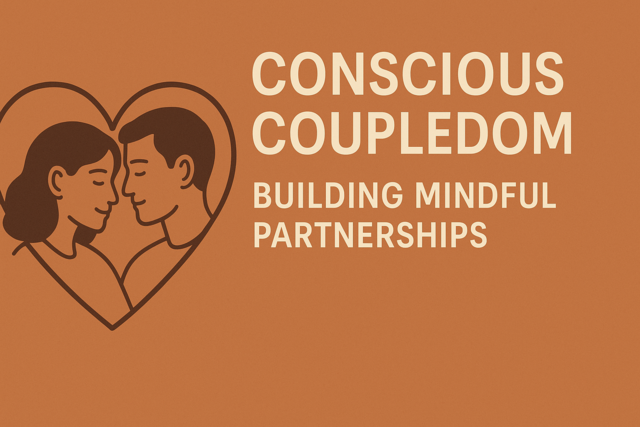 6 hours
0.6 CEUs
Conscious Coupledom: Building Mindful Partnerships
+ More Info
6 hours
0.6 CEUs
Conscious Coupledom: Building Mindful Partnerships
+ More Info
-
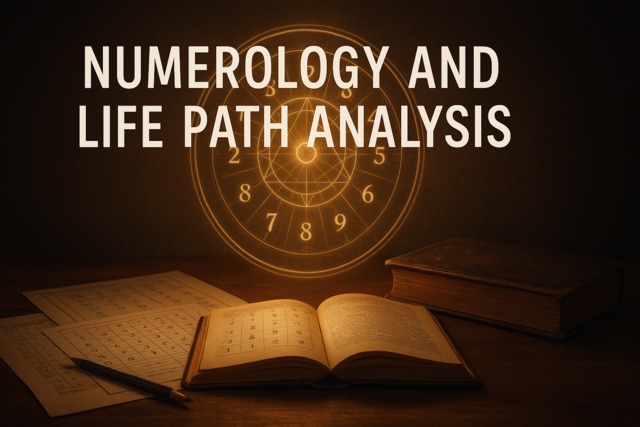 6 hours
0.6 CEUs
Numerology and Life Path Analysis
+ More Info
6 hours
0.6 CEUs
Numerology and Life Path Analysis
+ More Info
-
 4 hours
0.4 CEUs
Accident Investigation Techniques
+ More Info
4 hours
0.4 CEUs
Accident Investigation Techniques
+ More Info
-
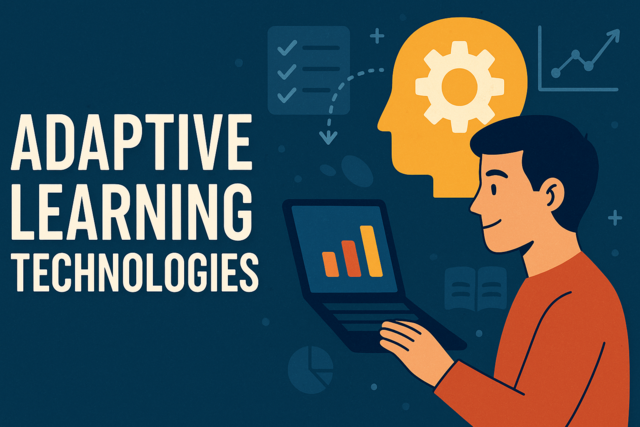 6 hours
0.6 CEUs
Adaptive Learning Technologies
+ More Info
6 hours
0.6 CEUs
Adaptive Learning Technologies
+ More Info
-
 7 hours
0.7 CEUs
Stress Less: Mindful Techniques for Family Harmony
+ More Info
7 hours
0.7 CEUs
Stress Less: Mindful Techniques for Family Harmony
+ More Info
-
 4 hours
0.4 CEUs
Energy Medicine: Harnessing Your Body's Power
+ More Info
4 hours
0.4 CEUs
Energy Medicine: Harnessing Your Body's Power
+ More Info
-
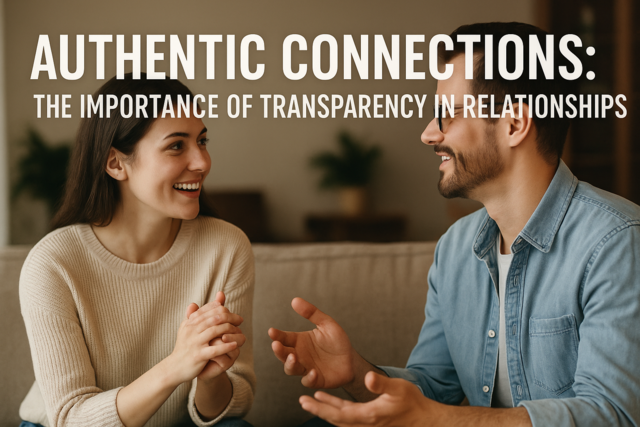 7 hours
0.7 CEUs
Authentic Connections: The Importance of Transparency in Relationships
+ More Info
7 hours
0.7 CEUs
Authentic Connections: The Importance of Transparency in Relationships
+ More Info
-
 6 hours
0.6 CEUs
Conflict Resolution and Negotiation
+ More Info
6 hours
0.6 CEUs
Conflict Resolution and Negotiation
+ More Info
-
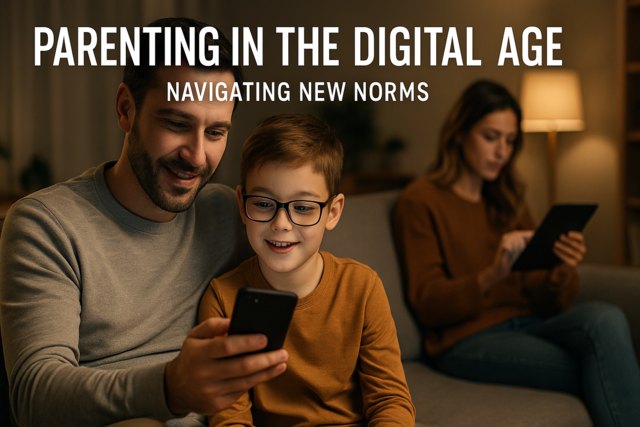 6 hours
0.6 CEUs
Parenting in the Digital Age: Navigating New Norms
+ More Info
6 hours
0.6 CEUs
Parenting in the Digital Age: Navigating New Norms
+ More Info
-
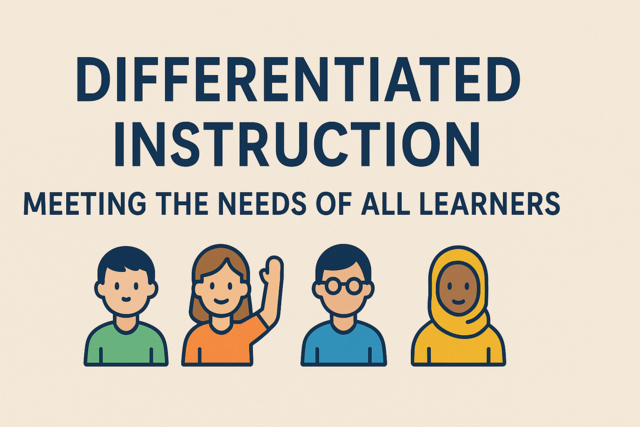 3 hours
0.3 CEUs
Differentiated Instruction: Meeting the Needs of All Learners
+ More Info
3 hours
0.3 CEUs
Differentiated Instruction: Meeting the Needs of All Learners
+ More Info
-
 6 hours
0.6 CEUs
The Essence of Elegance: Dressing for Contemporary Sophistication
+ More Info
6 hours
0.6 CEUs
The Essence of Elegance: Dressing for Contemporary Sophistication
+ More Info
-
 6 hours
0.6 CEUs
Mysteries of Druidic Lore and Alchemical Practices
+ More Info
6 hours
0.6 CEUs
Mysteries of Druidic Lore and Alchemical Practices
+ More Info
-
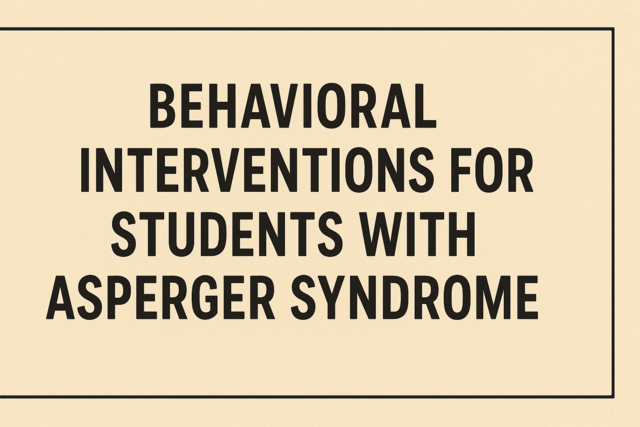 4 hours
0.4 CEUs
Behavioral Interventions for Students with Asperger Syndrome
+ More Info
4 hours
0.4 CEUs
Behavioral Interventions for Students with Asperger Syndrome
+ More Info
-
 6 hours
0.6 CEUs
Luxe Vision: Designing a Fashionable Future
+ More Info
6 hours
0.6 CEUs
Luxe Vision: Designing a Fashionable Future
+ More Info
-
 7 hours
0.7 CEUs
Global Glam: International Perspectives on Modern Fashion
+ More Info
7 hours
0.7 CEUs
Global Glam: International Perspectives on Modern Fashion
+ More Info
-
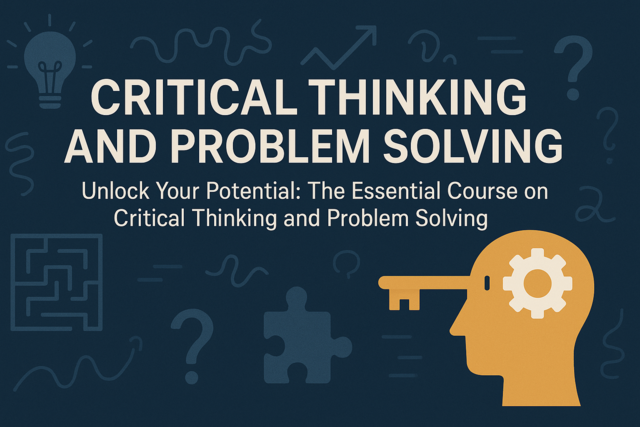 5 hours
0.5 CEUs
Critical Thinking and Problem Solving
+ More Info
5 hours
0.5 CEUs
Critical Thinking and Problem Solving
+ More Info
-
 3 hours
0.3 CEUs
High-Street to Haute: The Journey to Becoming Fashionable
+ More Info
3 hours
0.3 CEUs
High-Street to Haute: The Journey to Becoming Fashionable
+ More Info
-
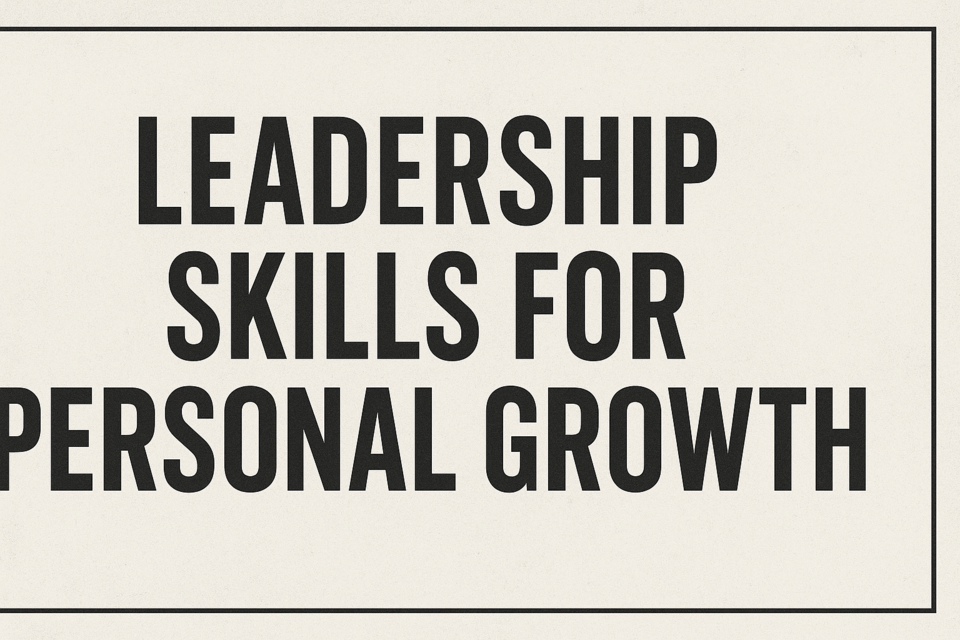 4 hours
0.4 CEUs
Leadership Skills for Personal Growth
+ More Info
4 hours
0.4 CEUs
Leadership Skills for Personal Growth
+ More Info
-
 7 hours
0.7 CEUs
Emotional Detox: Clearing Pathways to Better Relationships
+ More Info
7 hours
0.7 CEUs
Emotional Detox: Clearing Pathways to Better Relationships
+ More Info


